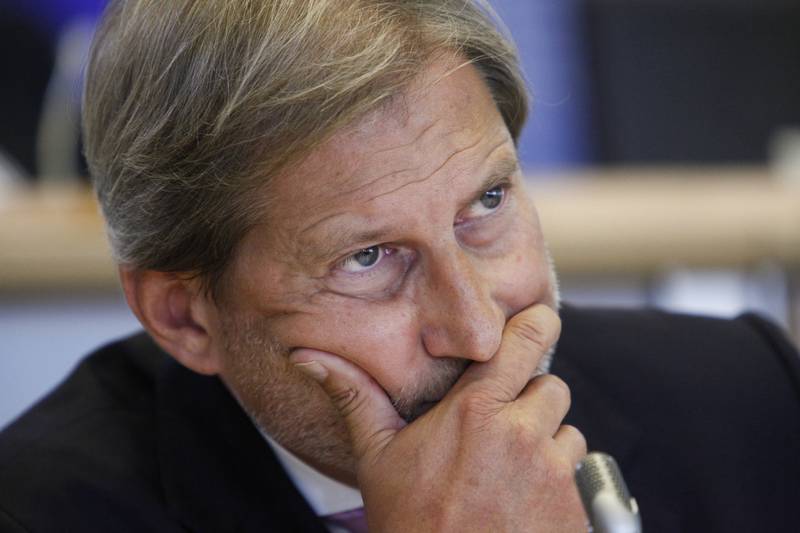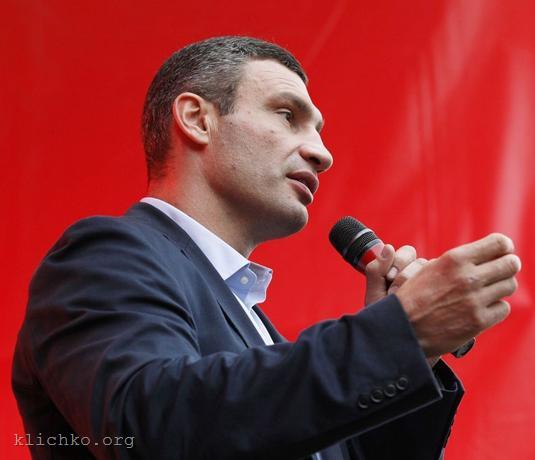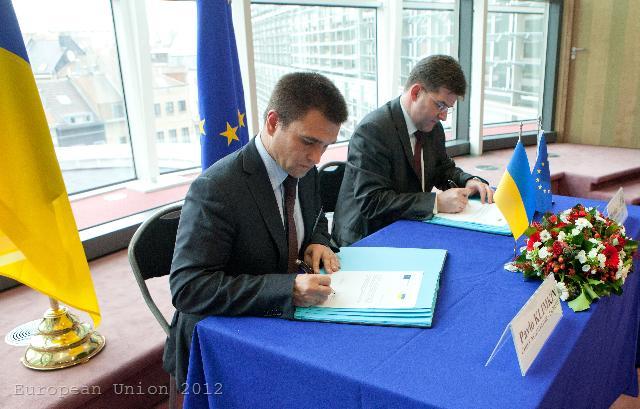Euro Integration as a Light in the Tunnel
Irena Mihaylova, October 31, 2011
 European integration, despite the economic crisis in Europe, continues to be a symbol of hope for Europeans outside the EU. Not only does it mean free trade, EU funds and a visa-free regime, but it also signifies the adoption of European values in politics and the system of judiciary, fight against corruption and respect for human rights. The pursuit of euro integration can be described as strong will for reforms, faith in democracy and the liberal economy. Precisely these qualities have been demonstrated by the government of the poorest European country, Moldova, whose Prime Minister Vlad Filat took a firm course towards Europe since his election in July 2009.
European integration, despite the economic crisis in Europe, continues to be a symbol of hope for Europeans outside the EU. Not only does it mean free trade, EU funds and a visa-free regime, but it also signifies the adoption of European values in politics and the system of judiciary, fight against corruption and respect for human rights. The pursuit of euro integration can be described as strong will for reforms, faith in democracy and the liberal economy. Precisely these qualities have been demonstrated by the government of the poorest European country, Moldova, whose Prime Minister Vlad Filat took a firm course towards Europe since his election in July 2009.
However, at this stage of integration, Moldova still lacks a promise for membership. The latter does not mean that the former Soviet republics, participants in the initiative for rapprochement with the EU, the Eastern partnership, are without a choice.
The choice for “Europe”
For the Moldovan prime minister choice is a matter of one’s faith. “But what I personally believe in is that if we do not see the light at the end of the tunnel, we should just walk faster. The faster we walk, the sooner we will see it. And the Eastern Partnership is both a compass and a map that will bring us closer to EU integration”, writes Filat in his very own assessment of the situation, titled “Taking the Eastern Partnership Further”, published by EUobserver. According to the Moldovan leader, the aid from the EU for political reform and fighting corruption is “a huge motivating factor”.
In fact, the liberal-democratic coalition Alliance for European Integration, led by Filat, shows unwavering political will for reforms as well as concrete successes: the coalition increased the EU funding for Moldova by 75% (364 million dollars for the period 2011-2013), received 2.9 billion dollars from international donors (half of it unconditional aid) and concluded in October 2009 a financial agreement with the International Monetary Fund. The new policy of Moldova sharply distinguishes itself from that of the opposition Moldovan Communist Party, that ruled from 2001 to 2009 and led the country into economic and political crisis.
Today, Moldova reports a steady progress in its relationship with the EU, unlike the unclear situation in Ukraine, regarding the controversial trial against Yulia Tymoshenko; undemocratic Azerbaijan and authoritarian Belarus. Moldova also has political problems - the election of a president is conceived by parliament and, unfortunately, the ruling coalition lacks 2 seats for a majority; and the unresolved conflict over the breakaway Transnistrian region. “But reforms continue, the country works and its European course is unshakeable”, adds Filat in his defence of European integration.
At this stage, there will be an Association Agreement between the EU and Moldova, including a deep and comprehensive free trade area, negotiations for which will start at the end of 2011. These developments have been supported by the leaders at the summit between the EU and its Eastern Partners at the end of September in Warsaw. “Freer trade creates jobs, boosts prosperity and makes modernisation sustainable”, Prime Minister Filat stated. The other important step towards integration is a visa-free regime with Europe. In this regard a dialogue has started in June 2010 and action plans, that will allow Moldovans to travel to the EU without visas for short term visits, have been implemented.
“My firm belief is that Europe will not be united unless its citizens are united. And this is still an unfinished job”, notes critically Filat. The leader of Moldova's pro-European coalition does not fail to mention the failure of multiculturalism and the challenges for the management of migration, but considers Moldova a reliable partner and not a threat to the EU. According to Vlad Filat, achieving Europe's goals requires a real commitment, dialogue at all levels - political, business and society and, last but not least, speeding up of the process on behalf of both sides – Moldova, as well as the EU.
“Speed is also of extreme importance. Moldova does not have another decade to modernise. It only has a few years to make a radical and irreversible break with the past. That is why we are in a hurry to move as fast as possible in relations with the EU and we cannot afford to discuss issues for years and years without rapid advancement”, states the emotional message of Moldova’s prime minister for European integration in the near future.
 Johannes Hahn | © European Parliament
Johannes Hahn | © European Parliament | © klichko.org
| © klichko.org | © European Union 2012
| © European Union 2012